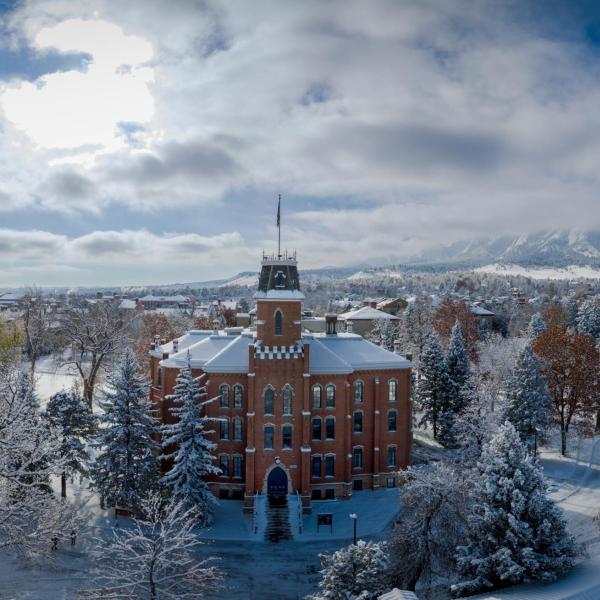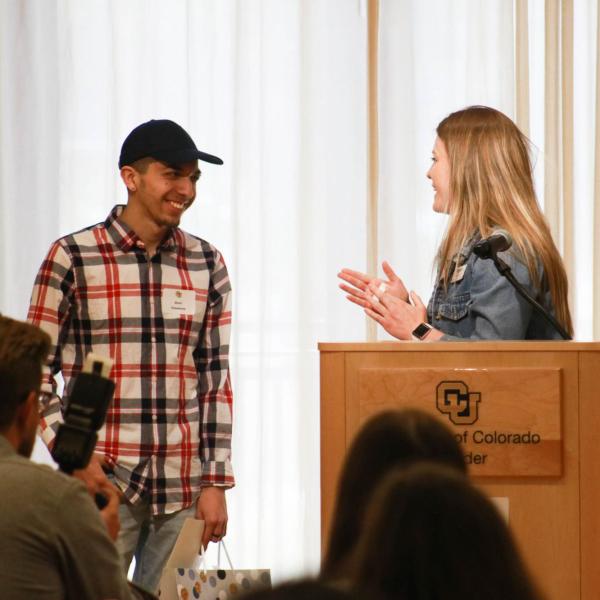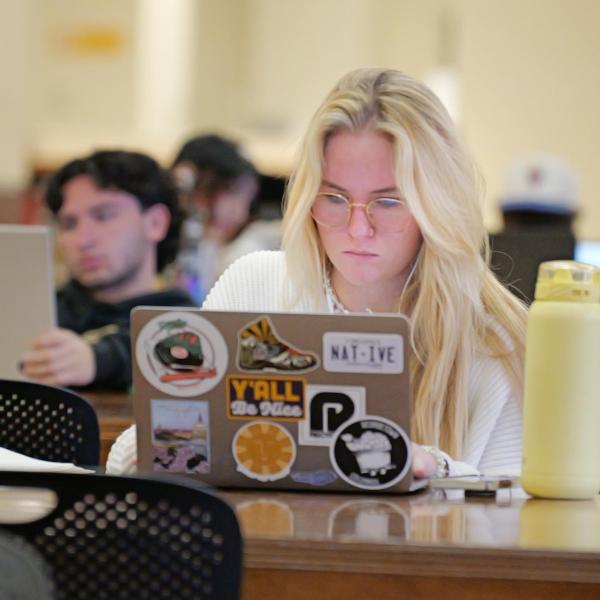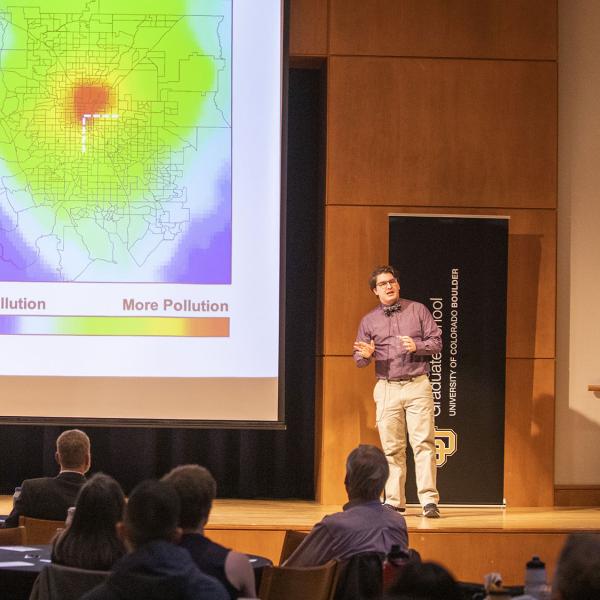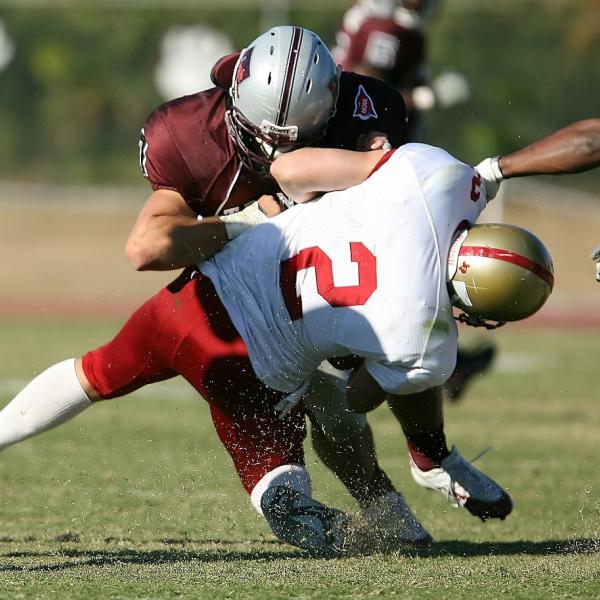Faculty-Staff Edition - Feb. 5, 2024
Campus Community
CU president, faculty assembly discuss degree value, funding, climate action
At the most recent Boulder Faculty Assembly meeting, President Todd Saliman visited and addressed CU Boulder's place as a national leader in climate action and sustainability, among other topics.
Climate Action Plan draft goes live for public comment
All students, faculty and staff are encouraged to review CU Boulder’s draft Climate Action Plan and comment via the online feedback form. The deadline for feedback is March 5.
Nominate a student employee—deadline Feb. 16
Faculty and staff are invited to submit nominations for the CU Boulder Student Employee of the Year Award, which recognizes and honors student employees for their contributions to the university community.
CU Boulder, Google launch free career certificate program for students and staff
CU Boulder affiliates now have the opportunity to join Grow with Google to earn free online career certificates that are recognized credentials by many major employers. The program offers flexible learning opportunities for high-demand skills in the digital economy.
Events & Exhibits
Know before you go: Three Minute Thesis competition Feb. 7
This annual event, which showcases graduate students’ ability to distill their nine-hour thesis down to just three minutes, comes back Feb. 7 at 4 p.m. Don't miss it.
Black culture through cinema—10 films not to miss
The International Film Series, in partnership with the CAAAS, is celebrating Black History Month with films rich in cultural influence, artistic merit and powerful messages. The program aims to provide a varied selection of voices.
Love Data Week to bring talk on trans linguistics, data visualization contest
This year’s theme is “My Kind of Data,” which centers the personal side of data and its transformative potential. Check out the campus’s Love Data Week, beginning Feb. 12.
Research Updates
New kinds of padding could make football gear, bike helmets safer than ever
Researchers wrote new computer algorithms to redesign the interiors of padding down to the scale of a millimeter or less. The result: New kinds of cushions that can absorb as much as 25% more force than current state-of-the-art technologies.



